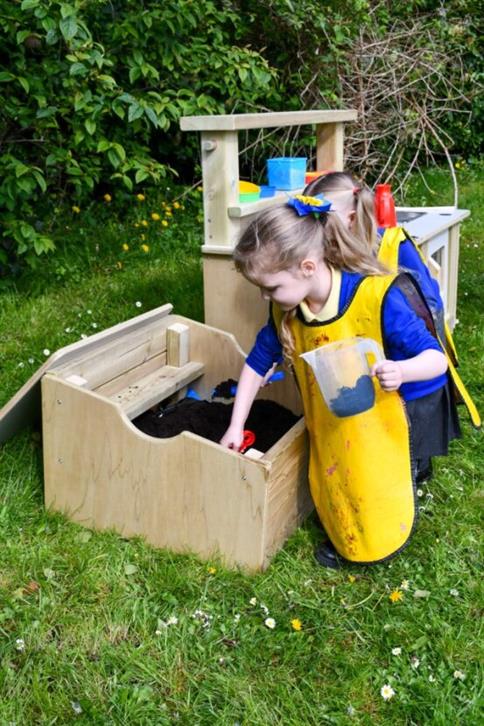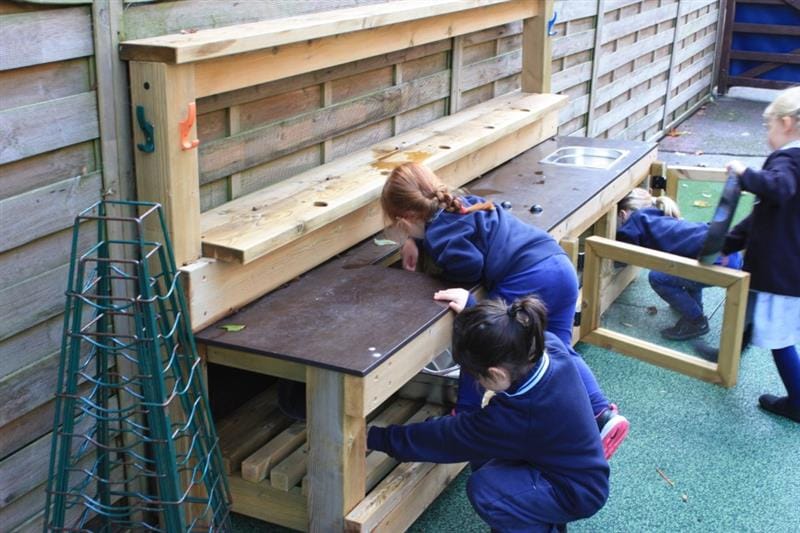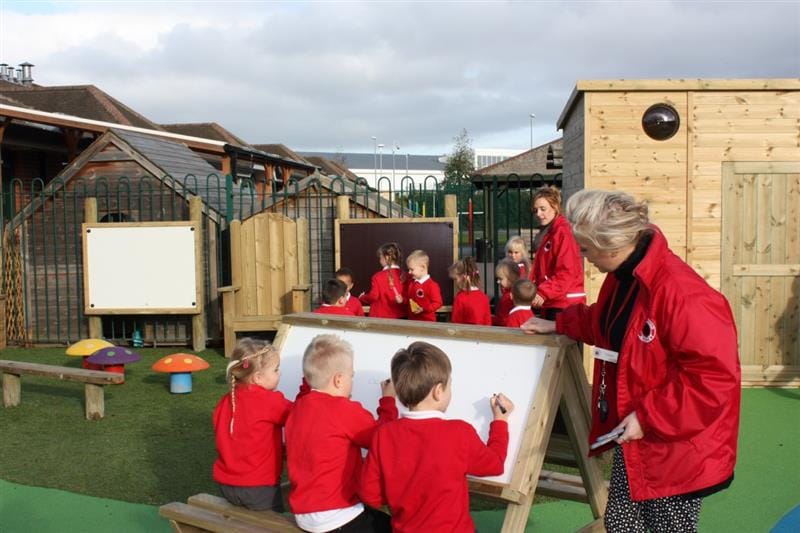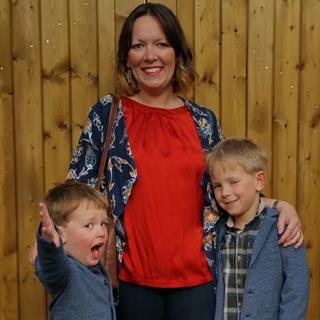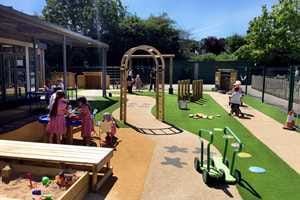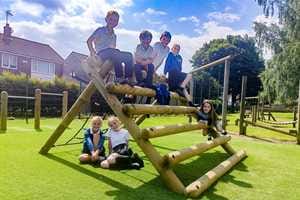
Lesson Ideas and Activities
Pancake Day Activities for EYFS
It’s time to celebrate the pancake! Here we talk about what Pancake Day means and how pancakes are enjoyed here in the UK and around the world.
We give you some great ideas for EYFS lesson plans based around Pancakes and Pancake Day traditions.
It’s a wonderful subject for engaging all of the class and especially children who have English as an Additional Language, as there are lots of opportunities for open discussion, stories, colourful pictures and displays, poems and games.
First, a lesson on what Pancake Day is all about: Gather your children in your Storytelling Circle and enjoy a story together about the meaning of Pancake Day. Pancake Day, or Shrove Tuesday, is a traditional Christian feast day which takes place on the day before the start of Lent.
Lent is a festival which starts on Ash Wednesday and lasts for 40 days all the way up to Easter Sunday. It is a time when Christians remember the 40 days and nights that Jesus spent alone in the desert.
Pancake Day facts for a History Lesson:
Pancakes have been enjoyed for Centuries around the World… teachers pick out your favourite facts for a History lesson:
The word “Shrove” comes from the old word “shrive” which means “to confess”. In the Middle Ages, people used to confess their sins so that they were forgiven before the season of Lent began. A bell would be rung to call people to confession.
This came to be called the “Pancake Bell” and is still rung today as Christians in the UK and all around the world celebrate this festival. Lent is traditionally regarded as a time of abstinence and of giving things up.
Shrove Tuesday is the last opportunity to indulge and use up all the foods in the house that are not supposed to be enjoyed over Lent such as eggs and fats, before embarking on the fasting period. Pancakes are the perfect way of using up these ingredients, and as they are traditionally eaten on Shrove Tuesday, the day has become well known in the UK as “Pancake Day”.
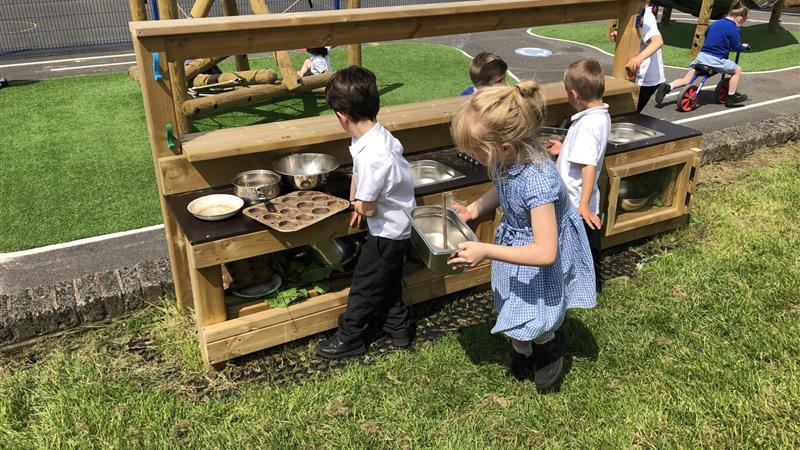
Pancake Day always falls 47 days before Easter Sunday, and so the date varies from year to year but always falls between February 3 and March 9. This is confusing as the Period of Lent is 40 days, not 47 days. In the Christian church, Sundays are always considered as a day of celebration so they cannot be included in the 40 fast days of Lent. This year Pancake Day falls on the 9th February.
Archaeological evidence suggests that pancakes are probably the earliest and most common cereal based food eaten in prehistoric societies. The Ancient Greeks made pancakes called “Tagenites” from flour, olive oil, honey and curdled milk, and these were served for breakfast. Ancient Romans called their pancakes “other sweets”. The Middle English word for “Pancake” appearred in English in the 15th century.
Some fun facts for Geography and educating children on different cultures
Pancake Day is celebrated in many different countries around the world, usually with lots of eating and some fun games. It is known as Pancake Day in the UK, but other countries have different names for it...
Australia - Pancake Day, they make their pancakes thicker than ours as a “pikelet”, too thick to roll, and served them cold with butter, cream and jam (a bit like a scone!).
Sweden - it is called “Fettisdagen” (Fat Tuesday). Swedish people eat Fettisdag buller, which is a round bun with the middle scooped out and filled with marzipan and cream and sprinkled with icing sugar. They have savoury pancakes served with pea soup.
Greece - Pancake day is called “Apocreas” which literally translated means “from the meat”, as meat is not eaten during Lent as well.
France - In France and in other French-speaking countries it is called “Mardi Gras” (also translated as “Fat/Grease Tuesday”). The name comes from the ancient tradition of parading a fat ox through Paris as a reminder to people that they were not supposed to eat meat during Lent. In France they have Mardi Gras carnivals with parades, concerts and street theatre all over the country and people dress up in flamboyant masks and costumes. Although pancakes are considered by many as a national dish in France, the main day for eating pancakes there is Candlemas on 2nd February.
This is 6 weeks after Christmas, and in the Catholic faith it is believed to be the day that Jesus was presented at the temple by his mother. It is customary to eat pancakes, which they call “Crepes”, which symbolise health, wealth and good crops for years to come.
Pancakes are tossed with a coin in the hand to wish for prosperity throughout the year, and whoever manages to toss their pancake without dropping it on the floor is set to have good luck until the next Candlemas!
Germany - celebrate “Fastnacht” (Shrovetide). German pancakes are known as Pfannkuchen or Eierkuchen. They are generally thicker than English or French-style crêpes and usually served with sweet or sometimes savoury fillings. Fried apple rings covered by pancake dough and served with sugar and cinnamon are enjoyed too.
Denmark - the day is called “Fastelavn” and it is an indulgent feast day. On this day it is customary to drink hot chocolate and eat Danish buns filled with whipped cream and jam. Children dress up in fancy dress and play games. They get to “bash a barrell” full of sweets and eat as many of the sweets they can get hold of!
Canada - use objects with symbolic value such as coins, rings, buttons, or pieces of string are baked into the pancakes. Whoever finds coins in their pancakes is said to become rich, and whoever finds the ring will be first married. Pancakes are served with syrup, jam or sausages.
Product Spotlight
Poland - Shrove Tuesday is called “Sledziowska”. In Polish a “sledz” is a herring, and that is the most popular dish on that day. They have parties to celebrate the festival and the parties must finish at midnight when Lent begins. They eat doughnuts and they have competitions to see who can make the most delicious doughnut! Polish pancakes are thin crêpe-style pancakes called naleśniki. They are served with a variety of savoury or sweet fillings as a main dish or a dessert. Sweet fillings include fresh fruit or jam and soft white cheese with sugar. Savoury fillings include fried vegetables or chicken, minced meat, potatoes, mushrooms, or ham.
USA - pancakes are made smaller, thicker and softer than in the UK and they are typically eaten at breakfast time with maple syrup, blueberries or bacon.
India - has many styles of pancake. In North India they are known as cheela. Sweet cheela are made with sugar and salty cheela are often garnished with paneer cheese. Dosa are pancakes made in south Indian cooking with rice batter and black lentils. Sweet pancakes with pickles and chutney are often eaten for breakfast in the Punjab. In Bengal their sweet pancakes are stuffed with grated coconut or thickened milk.
We could go on but it’s making us hungry. Who knew that there was so much to say about the humble pancake!
Talk to your class as a whole or in small groups about the different countries and cultures and how they celebrate Pancake Day. What do you do at home and what does Pancake Day mean to you? Do you have pancakes on Pancake Day? How many can you eat? And what sort of toppings do you enjoy?
Bring everyone back together to the Storytelling Circle for a group discussion.
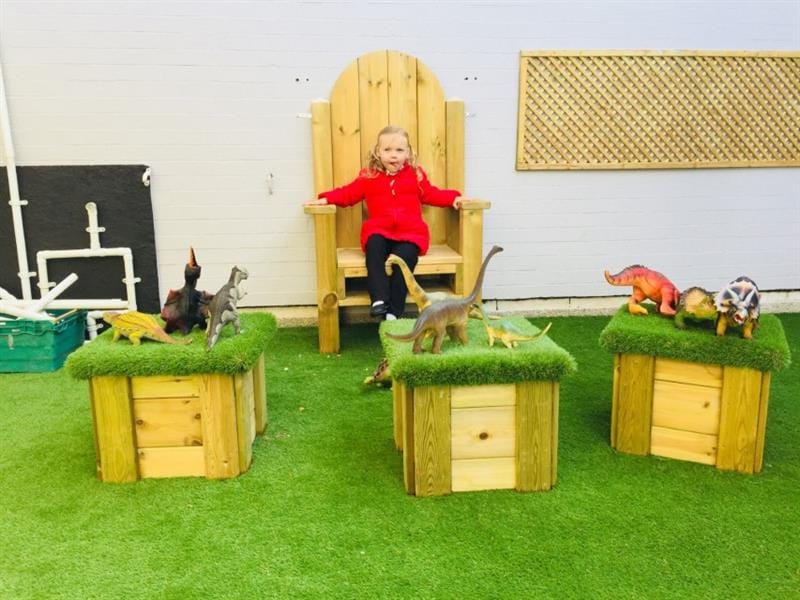
This is a lovely opportunity for children with English as an Additional Language to learn about how Pancake Day is celebrated here in the UK and to share information about their own culture within the group and to build on their vocabulary and confidence.
It also allows children who speak English as their first language to learn about other countries and cultures. Make sure you are prepared with lots of visual materials and props. You could bring some shop bought pancakes in to chop up and let everyone have a taste.
Bring different toppings to look at and pass around the circle, lemons, squeezy syrup bananas etc.
Pancake Day Craft Activities
Children can draw pictures of pancakes with their favourite toppings on. Stick a large map of the world up on your Chalkboard or Whiteboard and ask the children to take it turns sticking their pancake pictures to different countries on the map using the information above.
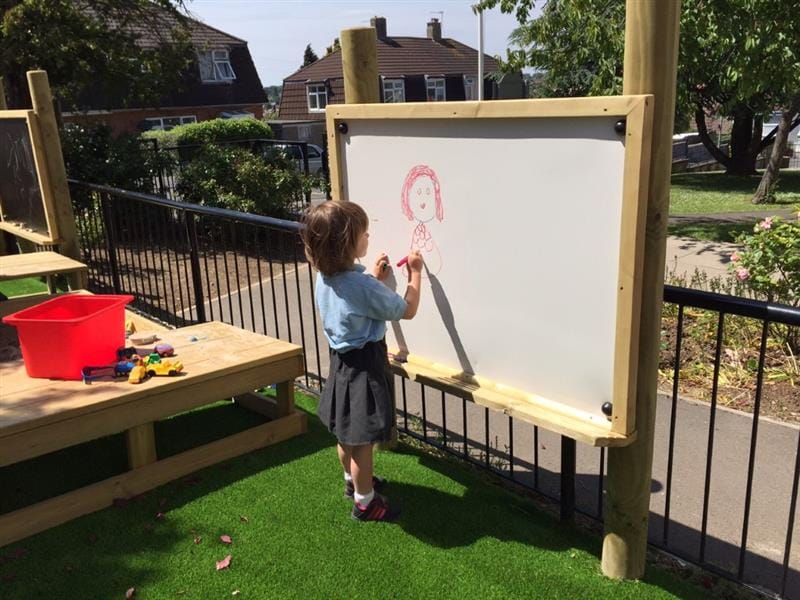
Time to create some fun-filled pancake activities
You could have some fun with a frying pan taking it in turns to toss the toy pancake (or a real one if you are brave enough!).
Now Let’s Make Some Pancakes!
If you have the use of cooking facilities you could make some pancakes together with your children. To make approximately 8 pancakes you will need:
● 8oz plain flour
● 2 large eggs
● a small pinch of salt
● 1 pint of milk
Whisk all the ingredients together well in a mixing bowl and leave it to stand for at least 30 minutes. In a frying pan, heat just a little oil brushed all over the inside of the pan.
Pour in a blob of the batter, enough to make a very thin layer to cover the base of the pan, and let it cook for a few minutes until the base of the pancake can be lifted with a spatula and you can see that is has browned - usually little brown splodges appear.
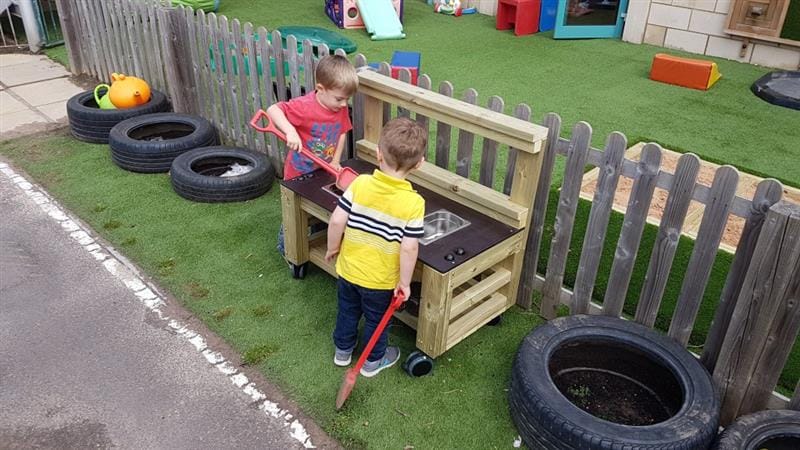
Shake the pan to loosen the pancake then flip it over with a spatula to brown the other side. Or if you think you can do it, toss it in the air to flip it over and make sure you catch it again. 3 cheers for anyone who can do this!
If you don’t have cooking facilities or it is not safe to use the heat, you can use pre-cooked pancakes and still have fun tossing them in a cold pan. Gather everyone together on your Performance Stage and have a little pancake tossing competition! After you have finished, sit down together and decorate some fresh pancakes with whatever you like. Pieces of fruit, squirty cream, squeezed lemon juice and sugar, grated cheese and ham all make for a yummy snack. This a great fun sensory activity for all children whether EYFS, KS1 or KS2.
And if real pancakes just aren’t an option, you can have fun together in your Mud Kitchen making mud pancakes! Here you can incorporate all sorts of games into your lesson plan, opening up a pretend cafe or shop making and selling mud pancakes.
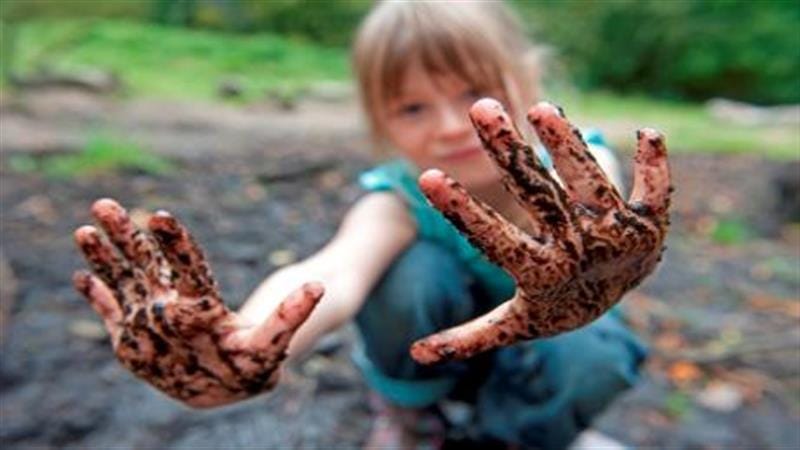
EYFS Pancake Literacy and Numeracy Lessons:
Children can enjoy many different literacy and numeracy lessons covering the making and tasting of pancakes, and there are wide resources available on the internet for flash cards, word labeling, crossword games, word scrambles and similar Pancake Day vocabulary and numerical activities.
Ask children to write out their own recipes for pancakes with ideas as to what toppings they can put on them, and what equipment they need to make the pancakes.
Making a display with pictures where children have to match words to the pictures will really help, the more visual images the better if you are teaching EYFS children who are starting to learn to read and write and/or children who have English as an Additional Language.
Children can solve maths problems based around the making of and ingredients for pancakes.
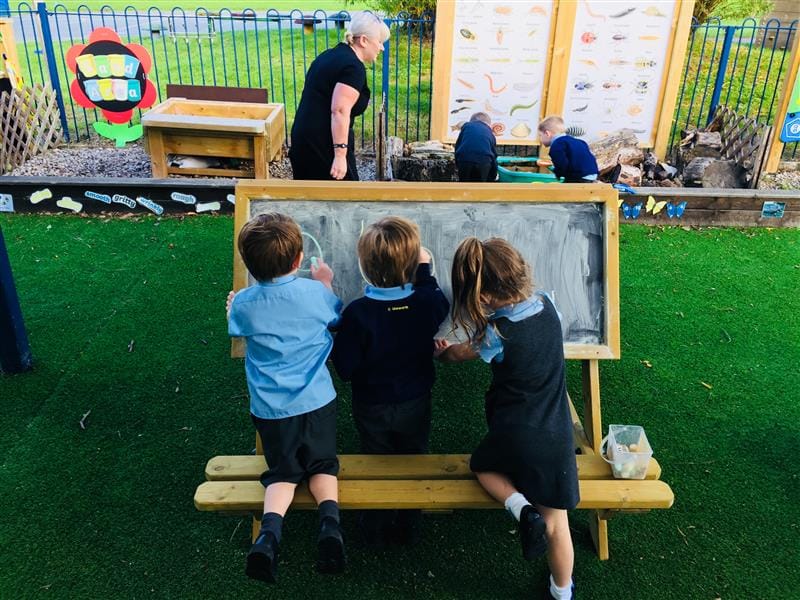
They can adjust recipe quantities to make sure that there is enough for everyone in the class. They can create shopping lists with quantities and measurements, and compile tally charts of favourite toppings in the class.
Give all the ingredients and toppings a price and ask children to calculate how much it is going to cost them to make their pancakes.
The classic story of The Runaway Pancake is always a favourite with EYFS children and great for them to read individually or listen to in a group. We also love these two well-known poems about pancakes.
Why not have a Storytime session at your Storytelling Circle, or act them out on your Performance Stage and let their imaginations run free:
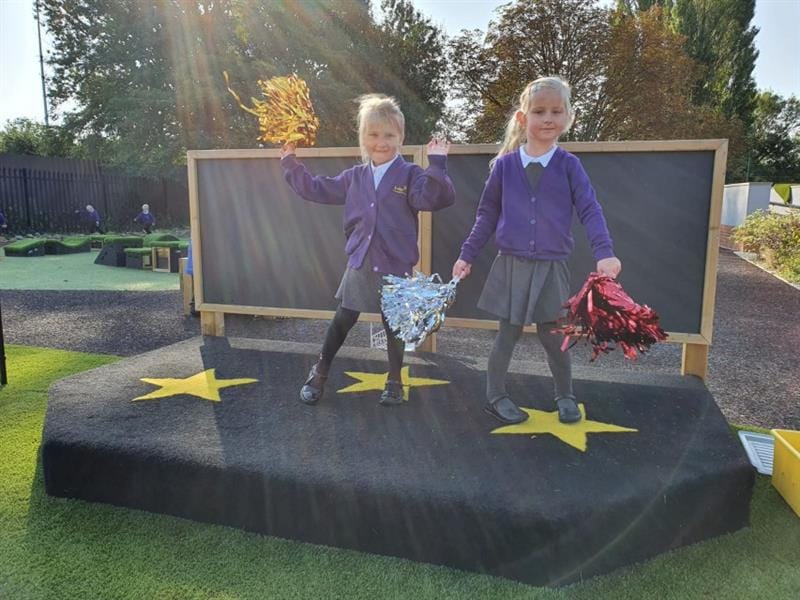
Mix a Pancake by Christina Rossetti:
"Mix a pancake, Stir a pancake, Pop it in the pan;
Fry the pancake, Toss the pancake, Catch it if you can!"
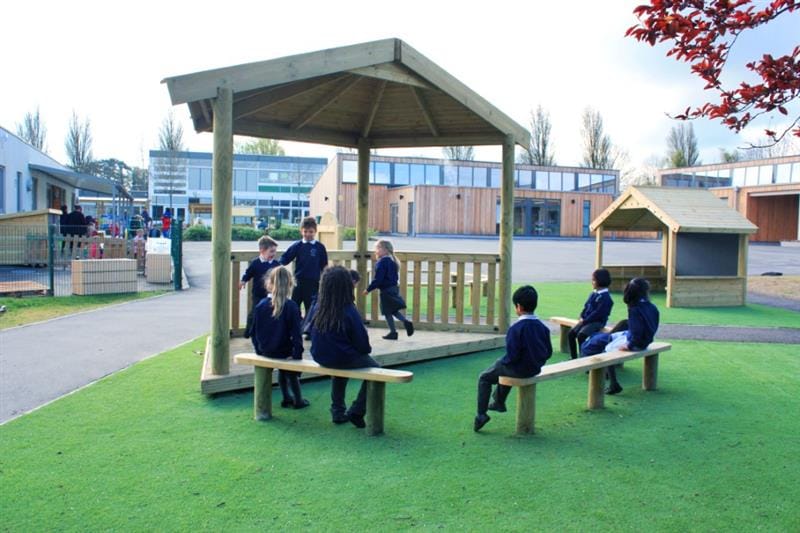
The Pancake Maker by Michael Rosen:
"I’m a three egg beater pancake eater,
the pancake maker - Super Pancaker.
I get my kicks doing the mix;
eggs and milk butter and flour,
let it stand for half an hour.
I'm a three egg beater pancake eater,
the pancake maker - Super Pancaker.
I can flip pancakes in the air.
Oh! It’s landed in my hair!
No matter, now it’s done.
Anyone here, want that one?
No? I’ll eat it, fair’s fairy.
Eurghhh! My pancake’s hairy!
I’m a three egg beater pancake eater,
the pancake maker" - Super Pancaker.
Ask your children to sit down at their Easel Table in groups or individually and write out ideas for their own pancake poems. When they have put ideas together they can write their poems out on paper with colourful pictures to be displayed.
Word scramble! Can you unscramble the following pancake related words? gegs, lurof, klim, nap, canapke, rupsy, enoml, rugas, noosp?
Outdoor Games with Pancakes!
You can put your Multi Use Games Area to great use with some Pancake Day inspired games and competitions!
In the UK, pancake races are a big part of the Pancake Day celebrations. Large numbers of people, often in fancy dress, race each other down streets tossing pancakes! The object of the race is to get to the finishing line first, carrying a frying pan with a pancake in it, tossing and catching the pancake as you go and trying not to drop or break it!
You can have your own Pancake Day race! Get all the children outside and allow them to dress up in aprons and headscarves. See who can be the first over the line still holding a pancake in the pan, and who can toss it the highest and catch it again!
At Westminster School in London, they have an annual “Pancake Grease”. A verger from Westminster Abbey leads pupils into the playground, and they watch the school cook try and toss a giant pancake over a 5 metre bar!
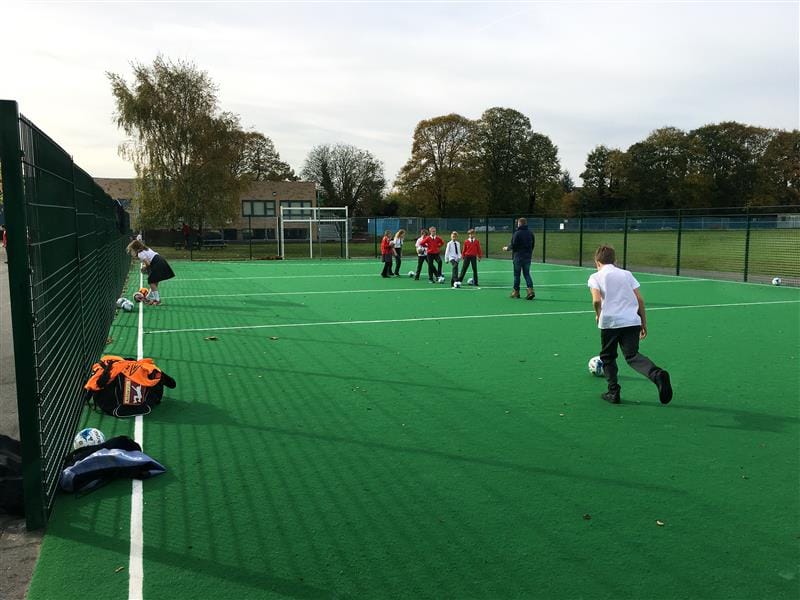
The children all race each other to grab a piece of the pancake and the one who ends up with the largest piece receives a prize! See if you can put your school cook (or anyone else who fancies a go!) to the test in your Multi Use Games Area!
On Pancake Day, since the 12th Century many towns in England used to hold Shrove Tuesday football games on the streets. This has mostly died out due to the Highways Act 1835 which bans people from playing ball games on public highways.
Some towns have managed to maintain the tradition though. In Ashbourne in Derbyshire they hold the “Royal Shrovetide Football Match”. In Sedgefield in County Durham they have “the Ball Game”, and in St Columb Major in Cornwall they host an event called “Hurling the Silver Ball”.
If you have some Goal Ends why not get your school involved in a Pancake Day football game of your own! The children can enjoy some pancake snacks with fruit at half time!
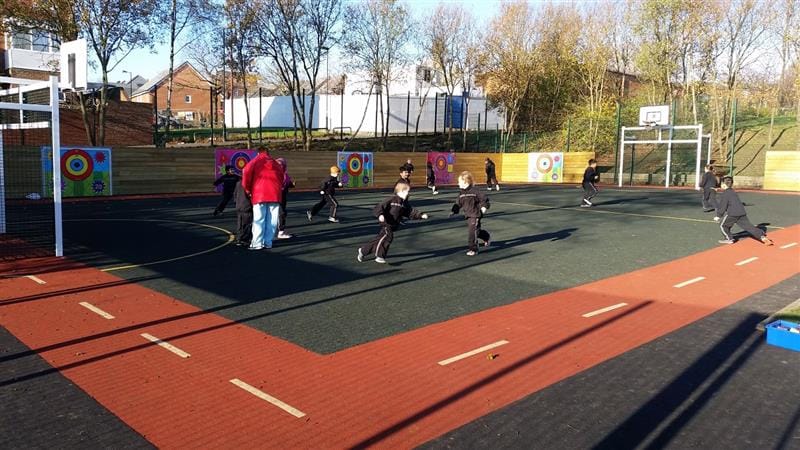
On Pancake Day in Scarborough, Yorkshire, everyone traditionally assembles on the promenade to skip. Long ropes are stretched across the road for a number of people to skip over at once.
The origin of this tradition is unknown but skipping was once a magical game associated with the sowing and sprouting of seeds during the Middle Ages. Have some outdoor fun with your children and see how many of them can skip on one rope in your Multi Use Games Area!
We hope our Pancake Day Lesson Guide has given you a few ideas to get you started.
Find more Lesson Activities and Ideas on our Edu-Blog now for children of all ages!
.jpg)
.JPG)
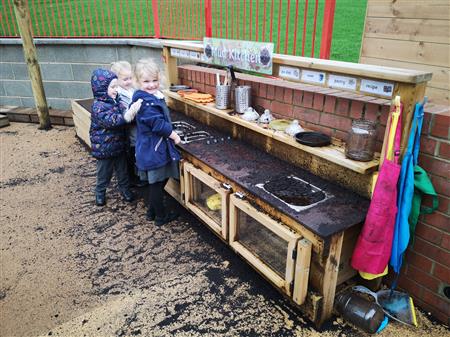
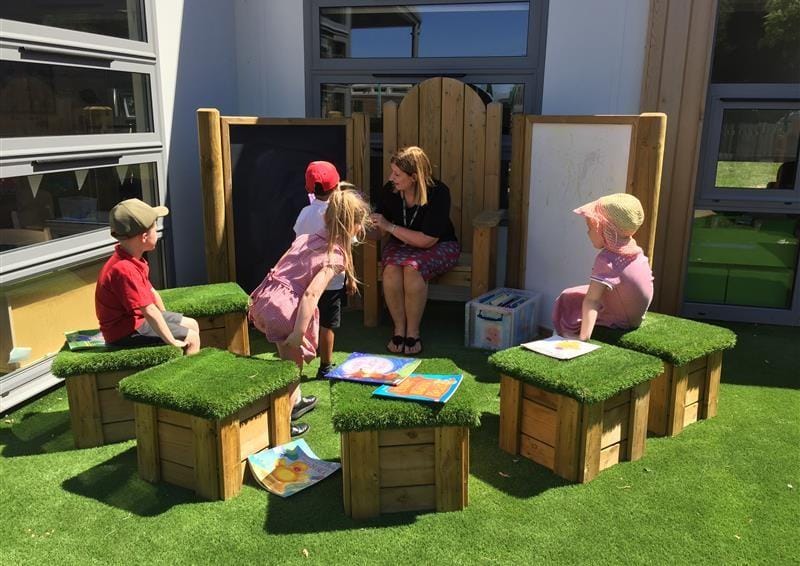
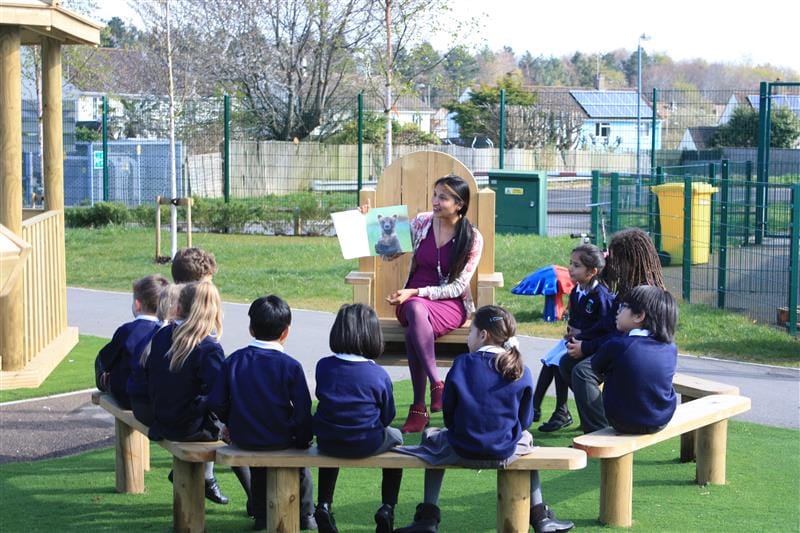
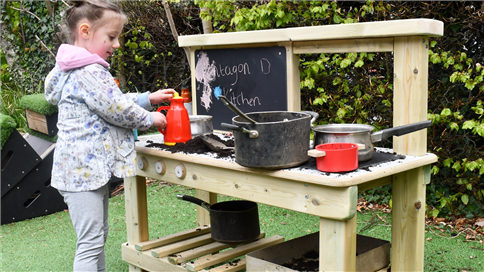
 web.png)
